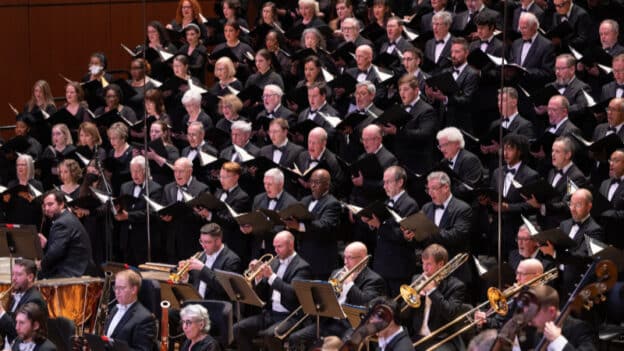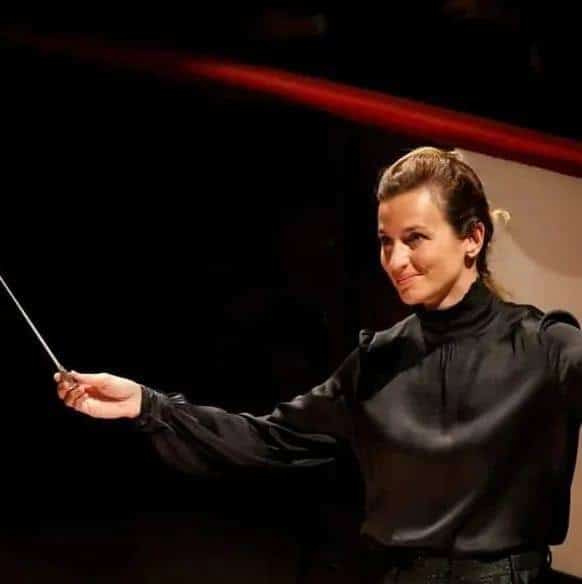The sadness of being Ernest
mainEarly appreciations of Ernest Fleischmann, who has died aged 85, have focussed rightly on the second half of his life when, as manager, he transformed the Los Angeles Philharmonic into a world-class orchestra and created a Frank Gehry Hall that will be a city landmark for the next 100 years. It was a phenomenal achievement. Safe to say that Ernest did more for orchestral life in America than any executive since Arthur Judson invented the Philadelphia brand with Leopold Stokowski during the First World War.
But Ernest had another life, and it saddened him that it got downplayed. Before moving to the US in 1970, he had gone from being a conductor in South Africa – the last pupil of Albert Coates – to a talent spotter and career maker. Appointed manager of the player-owned London Symphony Orchestra, he retrieved Jascha Horenstein and Pierre Monteux from the discard pile and rocket-boosted their late careers.
Andre Previn and Claudio Abbado were two of his proteges, followed (much later) by Esa-Pekka Salonen. His eye and ear for conductors led to deep and lasting personal relationships with Zubin Mehta, Pierre Boulez, Carlo-Maria Giulini and Kurt Sanderling.
It was Ernest who established the London Symphony Orchestra’s pre-eminence in its city, a rank it has held almost unbroken ever since, and Ernest who – on the whiff of a Friday-afternoon City rumour – wrote the proposal that won the LSO its valued residency in the new Barbican Centre. He was deposed by a players’ putsch led by his closest friends and, though always quick to anger, he managed over the years to make his peace with most of them.
After the LSO he spent a year in the record business with CBS but Ernest was always a live wire. He lacked the Sitzfleisch for corporate meetings.
He was always open and forthcoming when I approached him for information and we often saw things from a similar angle. Passionate about new music, he introduced me to the extraordinary impresaria Betty Freeman, opening a three-way friendship. He was happy in LA, after his fashion, yet, in almost every conversation with me, Ernest would start chewing his lip and wondering why his London years had been written out of the record.
He had been a subtle catalyst of Swinging London in the 1960s, one of the backroom fixers who turned the town from deadening post-war austerity to a place where people came to have fun. For that, he deserved a knighthood – more than most conductors do.





Comments